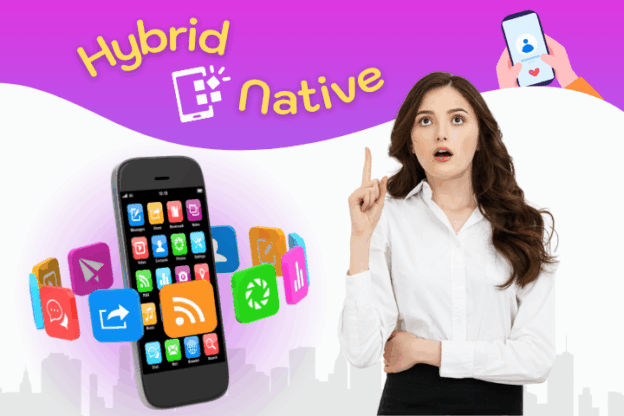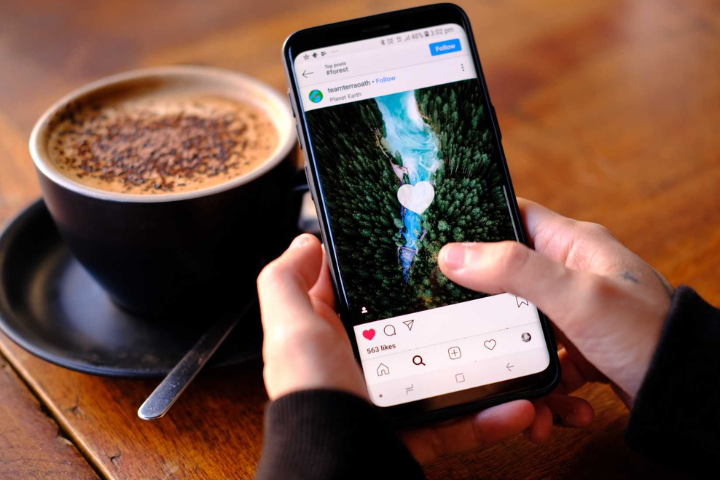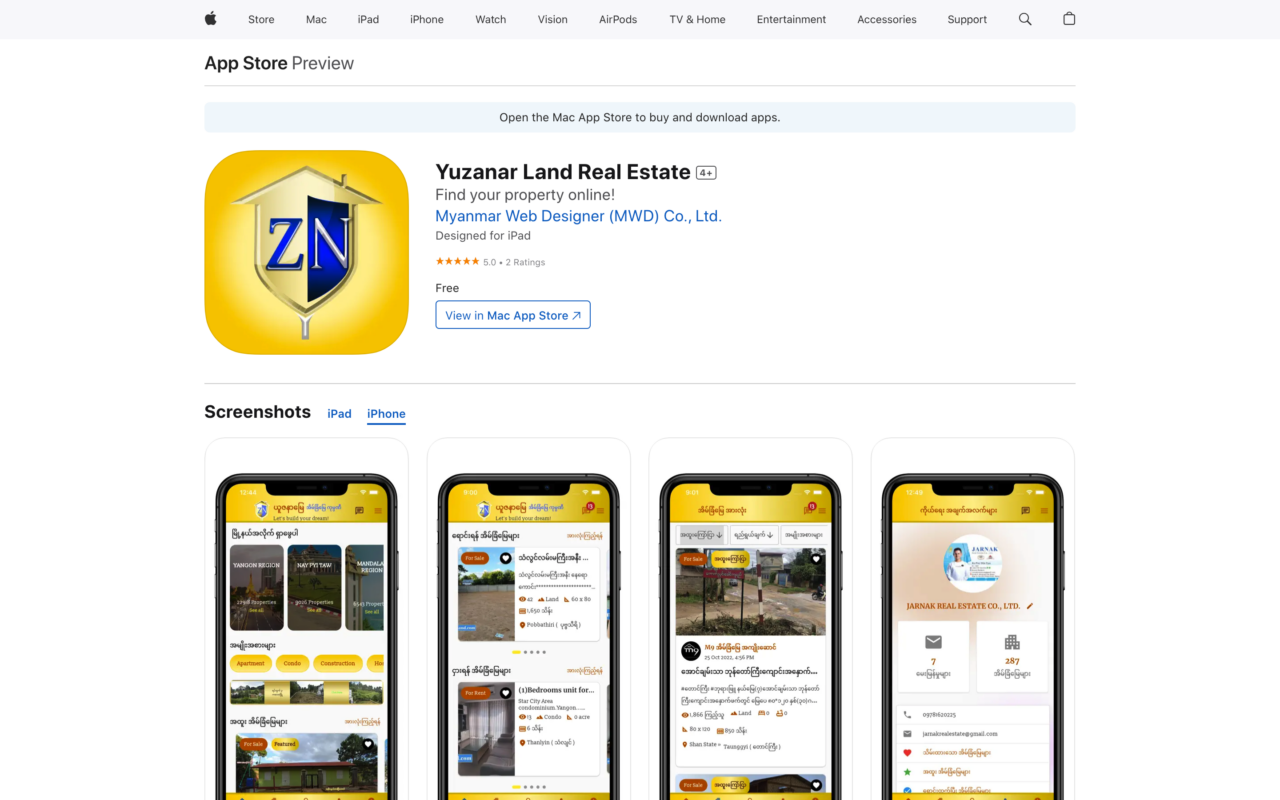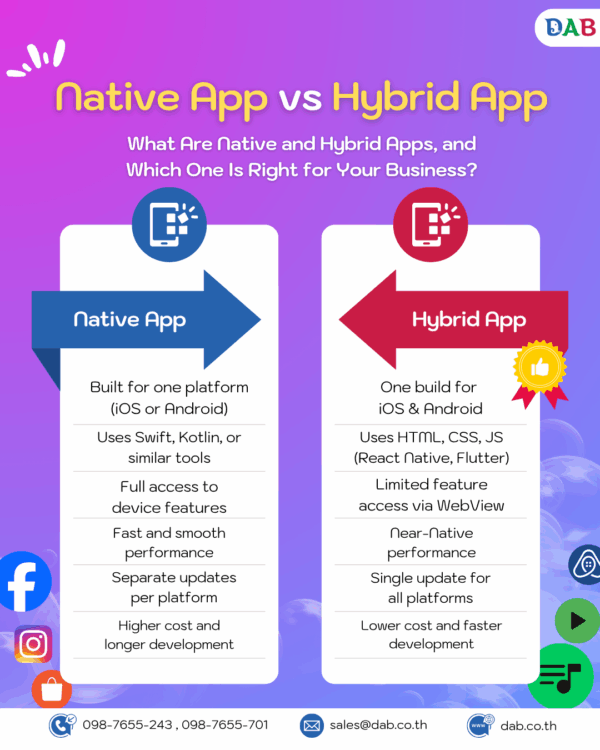What are Native App and Hybrid App Which One Is Right for Your Business?

Many businesses see the potential of developing their own mobile app, but when they start researching, they often encounter technical terms like Native App and Hybrid App. You might wonder what the difference is and why some businesses choose one over the other. Choosing the right type of app is crucial because it affects user experience, app performance, and long-term maintenance.
Understanding the differences and key considerations can help you plan better, from defining core features and selecting technology to budgeting and development time. This article will guide you through Native App and Hybrid App in detail, highlighting important points businesses should know before starting, so you can make a confident decision that aligns with your business needs.
What is a Native App?
A Native App is a mobile application developed specifically for a particular operating system, such as iOS or Android. This means the programming languages and tools used are tailored to that system. For example, iOS apps are developed using Swift or Objective-C, while Android apps use Kotlin or Java. Developing a Native App allows full access to device features such as the camera, GPS, sensors, push notifications, and more. A key consideration for businesses is that if you want your app to support both iOS and Android, you need to develop two separate versions. This can increase development time and cost, and updates must also be maintained separately for each platform.
Popular examples of Native Apps include LINE, Facebook, Instagram, Grab, and Shopee. These apps are specifically developed for iOS and Android, delivering fast performance, full access to mobile features, and smooth user experience.

Native Apps became widely known when smartphones gained popularity, especially after the launch of the first iPhone in 2007 and Android in 2008. Developers started creating apps for each operating system to fully leverage mobile features and meet user needs. Today, Native Apps remain a top choice for high-performance apps that require smooth user experiences. Popular apps like Facebook, Instagram, LINE, Grab, and Shopee continue to use Native development to fully utilize mobile capabilities and support a large global user base.
What is a Hybrid App?
A Hybrid App is a mobile application developed once but can run on both iOS and Android. Unlike Native Apps, which require separate development for each platform, Hybrid Apps are built using web technologies such as HTML, CSS, and JavaScript, and frameworks like React Native, Flutter, or Ionic.
Hybrid Apps operate by running some UI/UX components and features through a WebView or a bridge connecting to the device’s operating system. This allows access to some device features like the camera, GPS, or push notifications, though not always at full performance.
Comparison Table: Native App vs Hybrid App
| Comparison | Native App | Hybrid App |
| Development | Developed specifically for a platform (iOS or Android) | Developed once, runs on both iOS and Android |
| Language/Tools | Uses platform-specific languages and tools like Swift, Objective-C, Kotlin, Java | Uses web technologies like HTML, CSS, JavaScript and frameworks like React Native, Flutter |
| Access to Device Features | Full access to device features such as camera, GPS, sensors, push notifications | Partial access via WebView or bridge; may require extra customization |
| Performance | Fast and smooth, handles heavy usage well | Close to Native performance, sometimes slightly slower |
| Updates & Maintenance | Updates must be done separately for each platform | Updates can be done once for both platforms |
| Development Time & Cost | Higher, due to developing separate versions | Saves time and cost with a single codebase |
Native Apps are developed specifically for one platform, giving full access to device features and high performance, but they require more time and budget for separate development and updates. Hybrid Apps are built once and run on both iOS and Android using web technologies and frameworks like React Native or Flutter, making updates and maintenance easier and more cost-effective, though some device features may need extra customization. Both approaches have their advantages and considerations, so the choice depends on your business needs, the importance of user experience, and available resources.
Key Considerations for Businesses When Choosing Native or Hybrid App
1.Budget and Cost
Plan your budget according to the type of app. Native Apps require separate development for iOS and Android, increasing costs. Hybrid Apps save costs with a single codebase but may require additional customization for certain features.
2.Development Time
Native Apps take longer to develop since each platform requires separate work. Hybrid Apps save time, but the team must ensure the code works smoothly on both platforms without feature issues.
3.Features and User Experience
Consider whether your business needs full access to device features. Native Apps provide complete access and the smoothest experience, while Hybrid Apps may need additional adjustments to achieve optimal functionality.
4.Updates and Maintenance
Native Apps require separate updates for each platform, which can be complex. Hybrid Apps are easier to update, but the code must work seamlessly on both systems.
5.Development Team
Native Apps require developers experienced in both iOS and Android or separate teams. Hybrid Apps can be managed by a single team with expertise in web technologies and the chosen framework.
Conclusion
Choosing between a Native App and a Hybrid App affects development, device feature access, performance, and updates. Businesses aiming for a smooth user experience and high performance often prefer Native Apps but must allocate sufficient resources and budget. Hybrid Apps are ideal for businesses needing cross-platform support, saving time and cost, but may require adjustments for certain features to meet user expectations.
Careful planning of features, budget, timeline, and hiring the right development team will ensure your mobile app is successful and meets your business goals.
FAQ
Q1: What is the difference between Native App and Hybrid App?
A1: Native Apps are developed for a specific platform like iOS or Android, providing full access to device features and high performance. Hybrid Apps are developed once and run on both platforms using web technologies and frameworks, saving time and cost, though some features may require extra customization.
Q2: Which businesses should choose Native App?
A2: Native Apps are suitable for businesses that require a smooth user experience, fast performance, and full access to device features, such as gaming apps, social media apps, or apps that process heavy data.
Q3: Which businesses should choose Hybrid Apps?
A3: Hybrid Apps are ideal for businesses that need cross-platform support, reducing development time and cost, such as restaurant and delivery apps, e-commerce apps, or service apps with frequently changing features.
Q4: How do updates differ between Native and Hybrid Apps?
A4: Native Apps must be updated separately for iOS and Android, while Hybrid Apps can be updated once for both platforms.
Q5: How does app type affect cost and development time?
A5: Native Apps require more time and budget due to separate development for each platform. Hybrid Apps use a single codebase, reducing time and cost, though some features may need additional customization.
Turn Your Business Idea into a Professional Mobile App with Digital Agency Bangkok
Digital Agency Bangkok is a digital agency specializing in Native and Hybrid mobile app development for Thai businesses. Their team of professional developers leverages the latest technology to design and build apps that deliver full-featured, fast, and smooth user experiences.
Whether it’s e-commerce, restaurants, delivery services, or internal business apps, Digital Agency Bangkok can plan, develop, and customize apps to align with your business goals. They also provide consultation on budget, timeline, and technology to ensure every app delivers real value and works effectively.
Contact us for a free consultation
Phone: 098-7655-243 or 098-7655-701
Email: [email protected]




